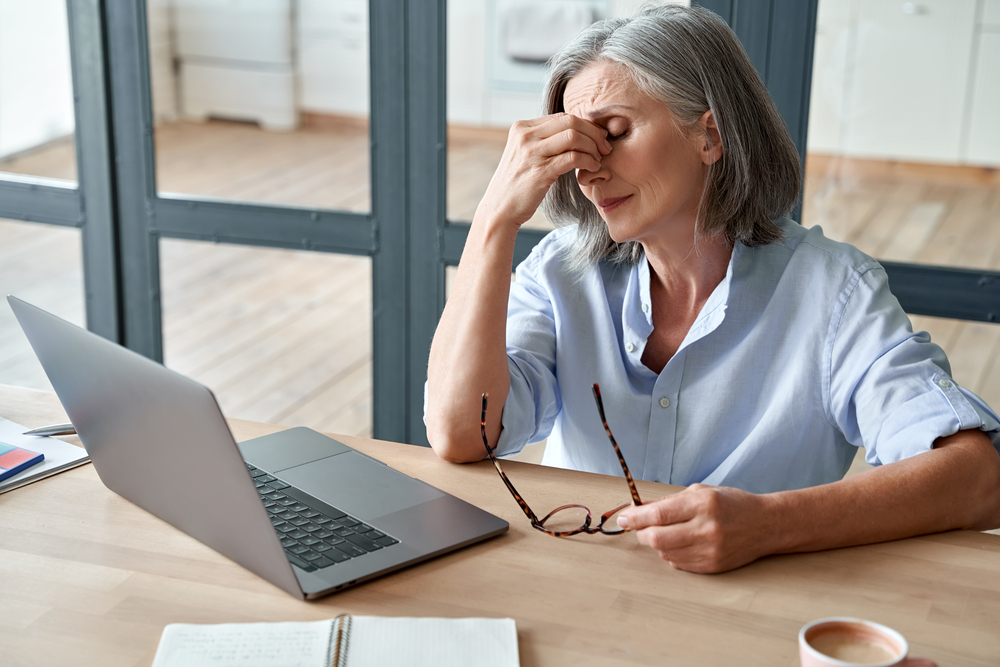Low Sex Drive or low libido during menopause or during the menopause transition is a very common complaint reported by patients and it can be caused by a multitude of medical, mental and health reasons. It is a medical condition called Hypoactive Sexual Desire Disorder and if left untreated it can cause personal and marital distress. Moreover it can be a sign that your hormones are not balanced.
Contributing Factors to low Sex Drive
Potential factors that will influence women’s sexual function and low sex drive include:
- Age Related Changes
- Health issues ( Metabolic problems, Diabetes, Hypertension etc )
- Medications ( Antidepressants and some antihypertensive medications)
- Low hormones ( Estrogen, Progesterone, Testosterone among others)
- Sleep Disturbances
- Chronic Nutritional deficiency
- Body and weight perception
- Marital and financial problems
- Many others
Menopause can contribute to low sex drive by decreasing ovarian hormone production. In addition, for some women going through the menopause transition, lower levels of available testosterone or even low adrenal function may result in a noticeable decrease in sexual function and low libido.
However this is not always the case and it can vary from person to person. If you want to learn more about the symptoms of menopause you can click Here
Low Sex Drive Assessment
At Texas Menopause we focus on a multitude of factors that can lead to low sex drive. In addition we will perform a complete physical exam and history that includes some of the following aspects:
- Breast examination
- Thyroid Examination
- Abdominal Palpation
- Pelvic exam
- Pap smear
- Pelvic ultrasound if indicated
- Hormone testing ( Estrogen, Progesterone, Thyroid among other hormones)
- Saliva testing
- Estrogen metabolism testing
- Nutritional Testing
- Social History
- Social Habits
Moreover, some of the lab tests to treat low sex drive can be covered by your health insurance. However other more comprehensive lab testing might not be covered. Sometimes those test will have to be paid as out of pocket. In addition to your consultation at Texas Menopause, sometimes consultations with another health care provider might be needed. Especially if we discovered a medical condition that was previously undiagnosed. We will discuss your options and alternatives and you can decide what is best for you and your particular situation. We can discuss what is the best alternative for you.
Pharmacological and Natural interventions to treat low libido:
- Natural non hormonal remedies
- Treatment of underlying medical conditions
- Improvement of vaginal health
- Estrogen and Progesterone therapy
- Testosterone therapy
- Improvement of adrenal health
- FDA approved medication for low sex drive (only for pre menopausal patients)
- Nutritional optimization
- Gels to balance the vaginal flora PH
- Probiotics and Pre Biotics
Moreover, Low libido is a complex medical condition that can be treated very differently from person to person. However there is not a magic pill for low libido, but a multitude of interventions that can help you boost libido and your overall sexual desire.
Hormones replacement therapy can help you with those symptoms. However you need to find the root cause of your problems to understand what exactly is causing low libido. In addition, a discussion with your partner should always be entertained, as he or she might help give you insights that your might be overlooking.
Discuss your symptoms of Low Sex Drive or Low Libido. Book an Appointment.





